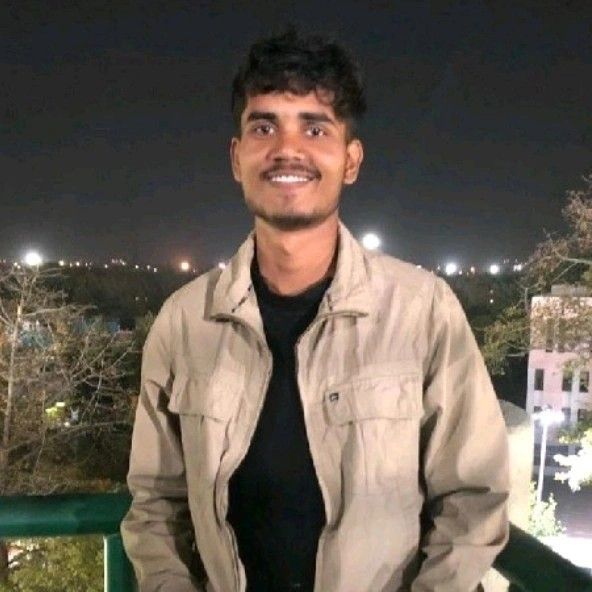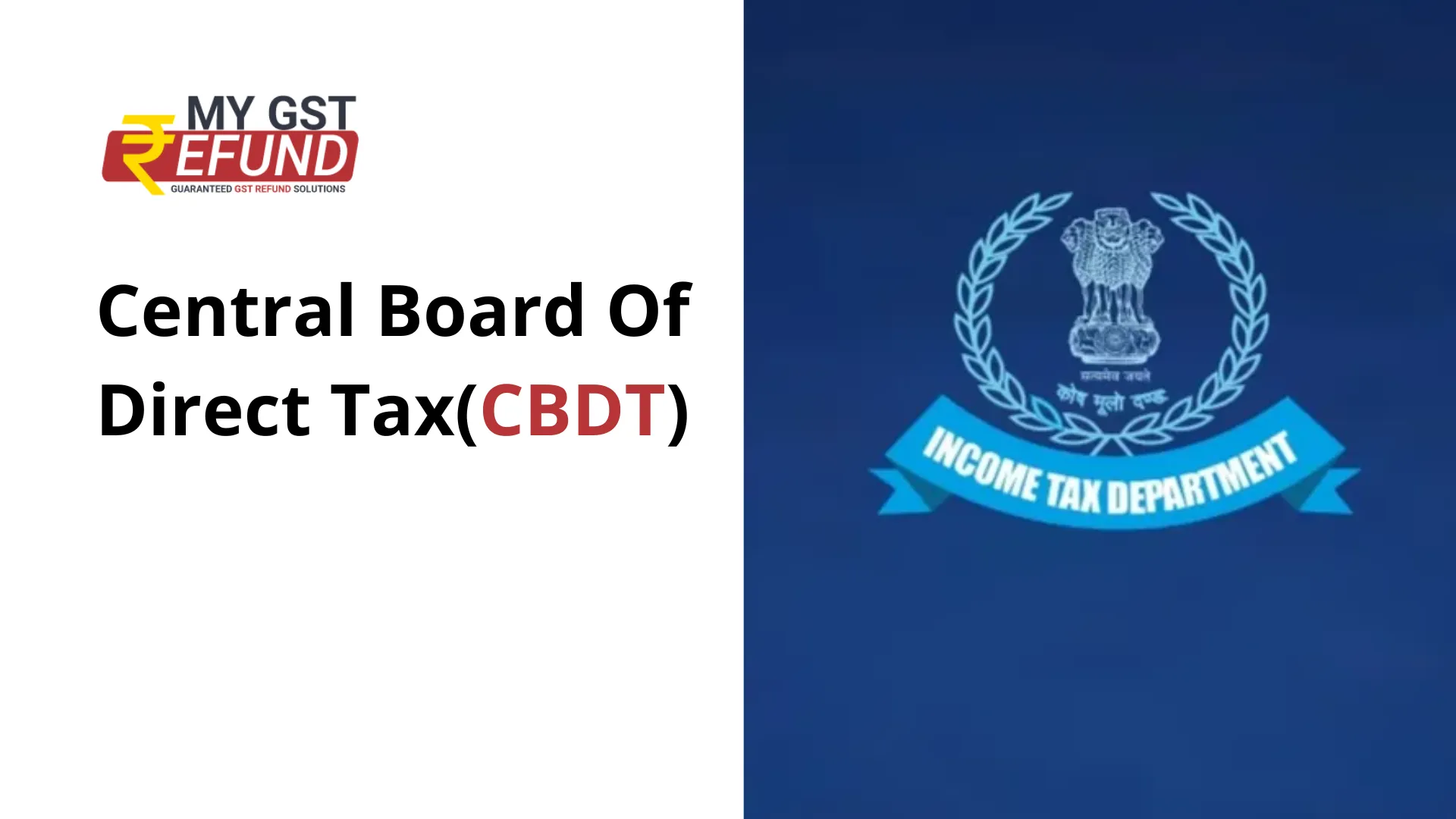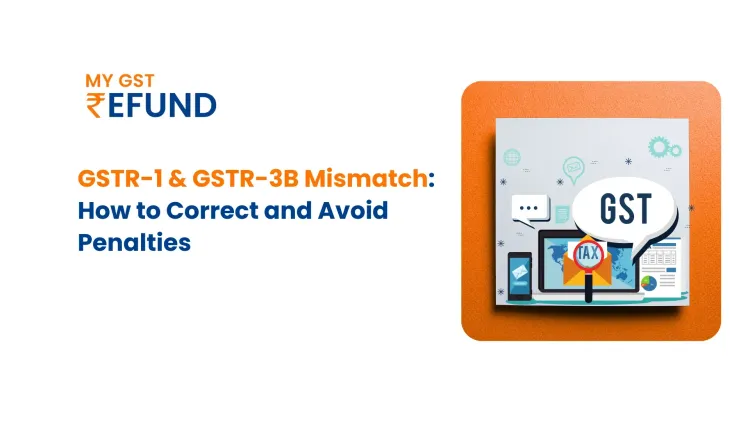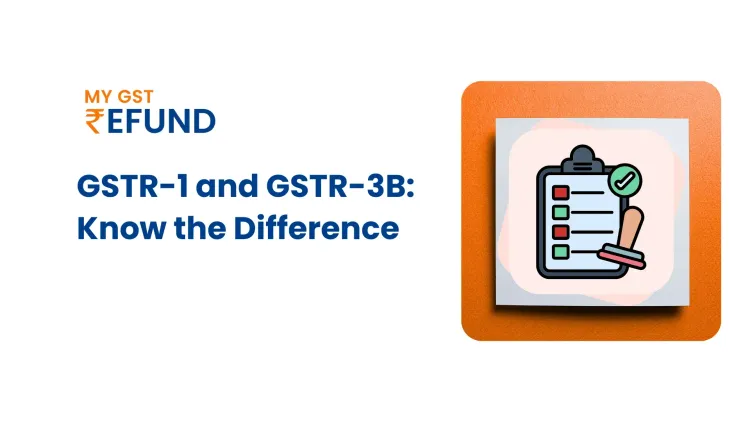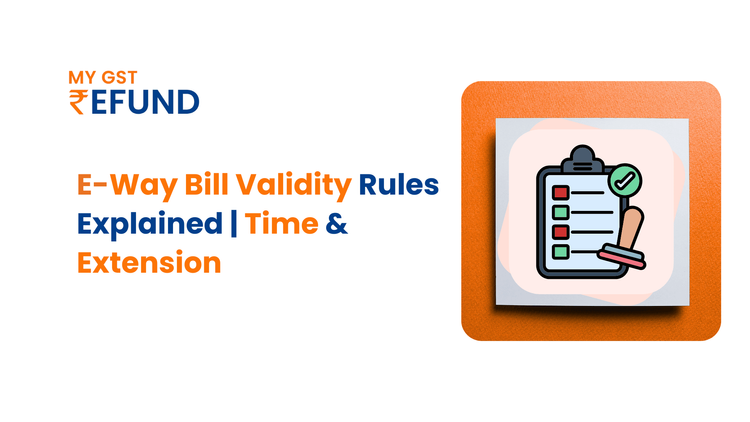The CBDT is a division within the Ministry of Finance, specifically in its revenue sector. Its chairman is Mr. Sushil Chandra. Established under the Central Board of Revenue Act of 1963, the CBDT holds essential authority. Apart from its role within the Ministry, the CBDT's ex-officio members oversee tasks related to direct taxes. They form the central board of direct taxes, operating under the Department of Income Tax. This board is responsible for formulating strategies and policies concerning direct taxes in India.
History Of CBDT
The Central Board of Revenue Act passed in 1924, established the Central Board of Revenue as the Department’s highest authority and the entity in charge of tax administration. The Board initially handled both indirect and direct taxes. The Central Board of Direct Taxes and the Central Board of Excise and Customs were established on January 1, 1964, because tax administration had become too complex for a single board to handle. This division arose from the enactment of Section 3 of the Central Board of Revenue Act of 1963, which mandated the creation of two separate boards to manage these distinct areas of taxation.
Ex-officio Board members also serve as a department under the Ministry of Finance. It also handles the issues related to the imposition and collection of direct taxes. Central Board of Direct Taxes (CBDT) placed in the Department of Revenue of the Ministry of Finance of India. It oversees the Income Tax Department’s implementation of direct tax legislation. It also provides essential insights into India’s direct tax policy and planning. Moreover, It is the designated section of India’s Financial Action Task Force. In the past, the Board was in charge of direct and indirect taxes. Because the management of taxes had grown too complex for one body to handle. Also, the Central Body of Direct Taxes and the Central Board of Excise and Customs was split in 1964. The Indian Revenue Service, India’s premier civil service, recruits its chairman and members. Moreover, it is who comprise the Department’s senior leadership.
Structure of CBDT
Functions and Responsibilities of CBDT
The CBDT plays a crucial role in India's tax system. It does several important things:
Making Tax Policies: The CBDT works with the government to create and enforce tax policies. These policies help apply direct tax laws and make sure taxes are collected well.
Running Tax Administration: It manages the income tax department. This involves organizing how the department works, making rules for operations, and stopping tax cheating.
Managing People: The CBDT handles the people who work in the Income Tax Department. This includes hiring, training, and solving job problems.
Setting Collection Goals: It sets goals for how much tax should be collected and makes plans to meet these goals. For big transactions, it processes tax claims over Rs. 25 lakhs.
Dealing with Legal Issues: The CBDT manages legal matters about taxes and money planning. It advises on laws and deals with ways people avoid paying taxes. Investigating Taxes: It's key in looking into tax cheating and ways people try to avoid taxes. It also helps stop secret property deals.
Handling Audits and Court Cases: The CBDT checks tax records and deals with legal cases and arguments. It picks lawyers for tax issues.
Powers of CBDT
The Central Board of Direct Taxes (CBDT) in India holds various powers to manage and enforce direct taxes. These powers include:
1. Administrative Control: CBDT controls and manages the Income Tax Department nationally.Rule-Making Authority: CBDT can create rules and give guidelines for applying and enforcing direct tax laws in India.
2. Exemptions and Approvals: CBDT can grant exemptions, relaxations, and approvals under specific parts of the Income Tax Act. This includes exemptions for charities or special transactions.
3. Tax Audits: CBDT has the power to audit taxes. Its officers or external auditors can check and confirm if tax-related information is accurate and follows the rules. Penalties: CBDT can impose penalties for not following tax laws. This includes not filing tax returns, not reporting income correctly, or breaking other tax rules.
4. Surveys and Searches: CBDT can authorise surveys and searches to collect information, find tax cheating, and take away assets under the Income Tax Act.
5. Information Gathering: CBDT can ask for information, documents, or statements from people, banks, or other groups to assess taxes and investigate.
Impact on India's Tax System
The CBDT plays a crucial role in India's tax system with significant impacts. It ensures that direct taxes are collected fairly and effectively, which greatly contributes to the country's revenue. By creating tax policies and taking steps to prevent tax evasion, it helps maintain the honesty of the tax system. Recently, the CBDT has also focused on educating and informing taxpayers. It has introduced initiatives like free online income tax training to improve people's understanding of finances. Additionally, the CBDT oversees the implementation of the Goods and Services Tax (GST) in India, which aims to simplify and unify the tax system. This makes the CBDT a key player in India's move towards a more streamlined tax structure.
Conclusion
It the CBDT is a key part of India's Ministry of Finance, managing how direct taxes are collected and making rules about taxes. Established in 1963, it's important for making sure taxes are fair and stopping people from cheating on taxes. By setting rules, checking tax records, and teaching taxpayers, the CBDT helps India's tax system work better and brings in more money for the country.
FAQs
Q.1 What is the CBDT's primary goal ?
Ans. Processing of tax evasion complaint cases. Likewise, Everything about administrative approval for filing, dismissing, or withdrawing charges against offenses is listed in Chapter XXII of the Income Tax Act and similar provisions in other Acts relating to Direct Taxes.
Q.2 Who selected the CBDT's members ?
Ans. According to a June 25 order, Shri Nitin Gupta, IRS (IT:86), Member Central Board of Direct Taxes (CBDT), as head of the Central Board of Direct Taxes, allows the Cabinet's Appointments Committee.
Q.3 What authority does the Central Board of Direct Taxes have ?
Ans. The Central Board of Direct Taxes handles issues relating to levying and collecting direct taxes and creating various direct tax policies.
Also Read - Demand and Recovery
Related Posts


